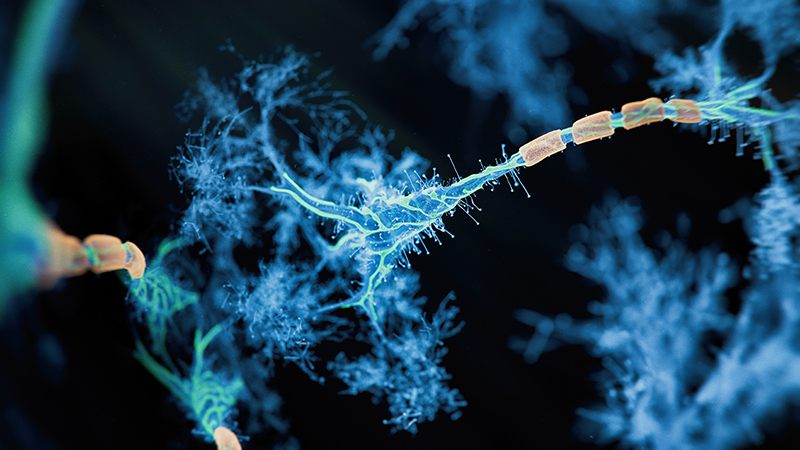What Are the Types of Diabetes?
Understanding the Disease
Published October 2022
Diabetes interferes with your body's ability to turn sugar, or glucose, from food into energy. A hormone called insulin helps your cells absorb glucose, but when you have diabetes, your body either does not make enough insulin or cannot use insulin as it should.
Northwestern Medicine Endocrinologist Wendell Malalis, MD, shares what you need to know about common types of diabetes.
Know the Types
Diabetes types you may be aware of include:
- Type 1 diabetes is when your body loses the ability to make insulin as a result of the antibodies of your immune system attacking your pancreatic cells. This type of diabetes usually begins during childhood or adolescence and is treated with insulin.
- Type 2 diabetes is when your body does not use insulin properly. This is the most common type of diabetes.
- Prediabetes is when your blood glucose levels are higher than normal but not yet high enough to be diagnosed as diabetes. If you have prediabetes, your pancreas is working hard to secrete enough insulin. This is also the stage during which insulin resistance develops, says Dr. Malalis.
- Gestational diabetes is when the disease starts while you are pregnant and is most likely due to an underlying insulin resistance, explains Dr. Malalis. While we do not know what causes this, we know it is manageable and happens to millions of pregnant people.
If you are diagnosed with any type of diabetes, you will need to have an honest assessment of your lifestyle and any barriers to your health goals, Dr. Malalis explains. People with diabetes often need to incorporate changes to their daily routine, to their diet and exercise regimen and to their self-care practices to stay as healthy as possible.
Get Care
Diabetes can manifest with symptoms like:
- Increased thirst and urination
- Fatigue
- Weakness and blurred vision
Over time, uncontrolled diabetes can lead to more severe complications, including:
- Eye disease
- Kidney disease
- Nerve problems
- Heart attack
- Stroke
Every case of diabetes is unique, so management and treatment approaches vary. If you are diagnosed with diabetes, your care team will work with you to help you manage your health. With recent medical advancements, there are more opportunities than ever for better care and management of disease.
Dr. Malalis says that the key to maintaining good health while living with diabetes is consistency with your care, from testing to exercise to regular appointments.
"Think of it like a marathon and not a sprint," he says. "Stay focused on maintaining good health in general. Healthy lifestyle habits are just as important as medications."







